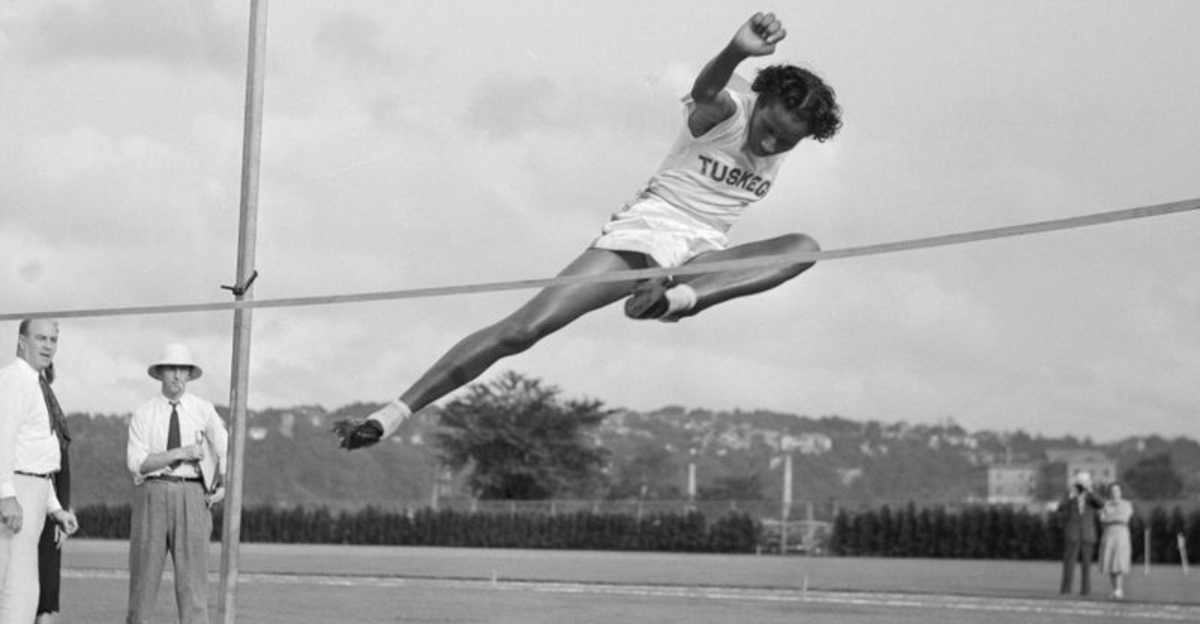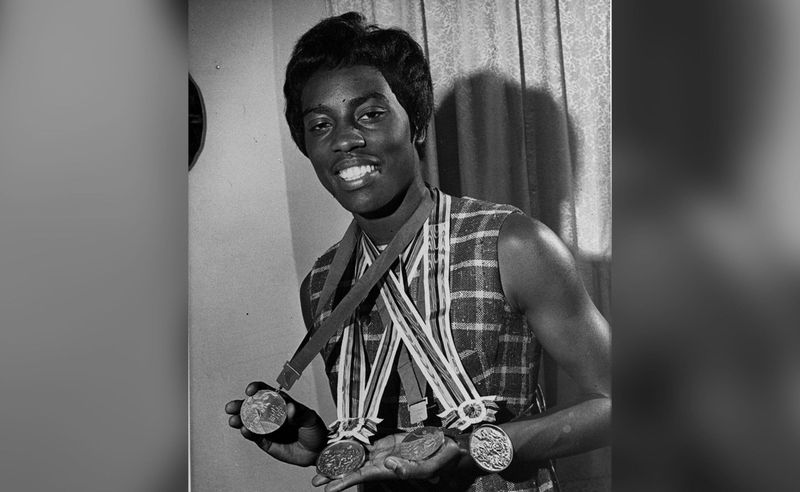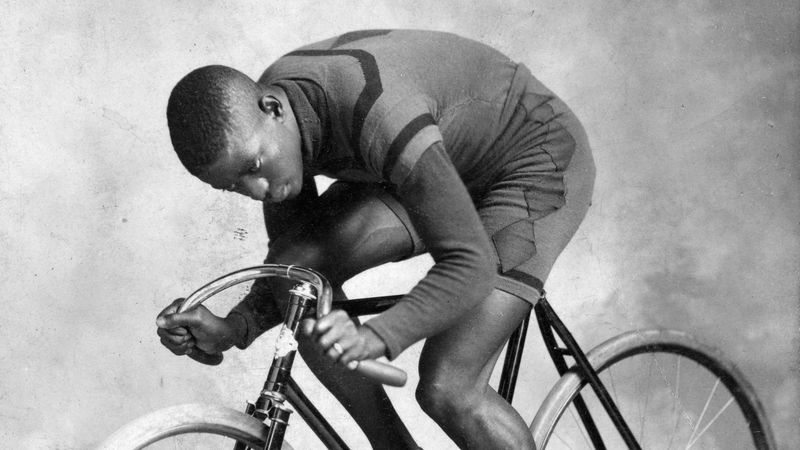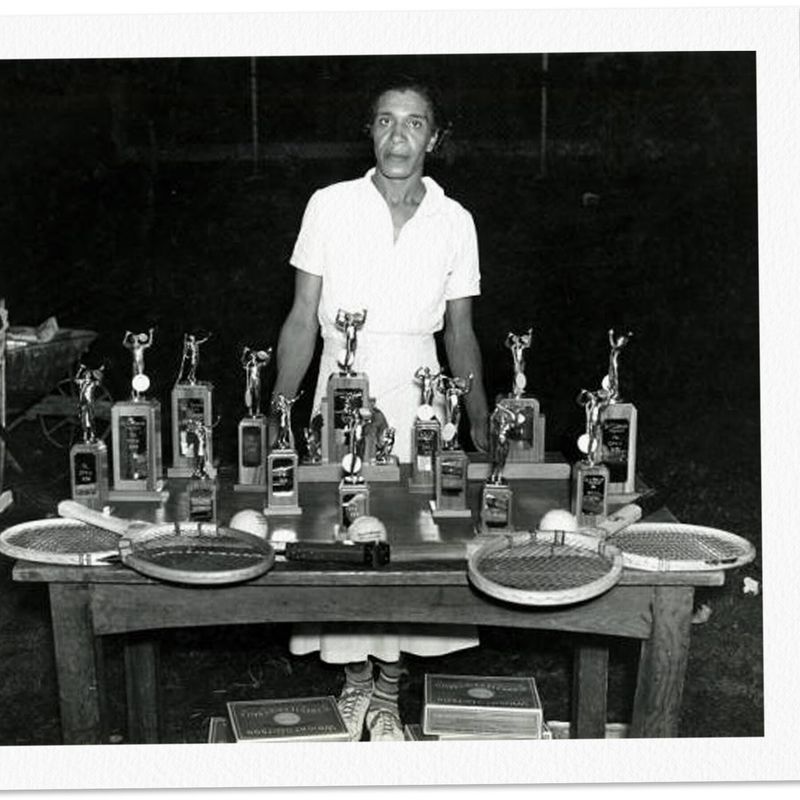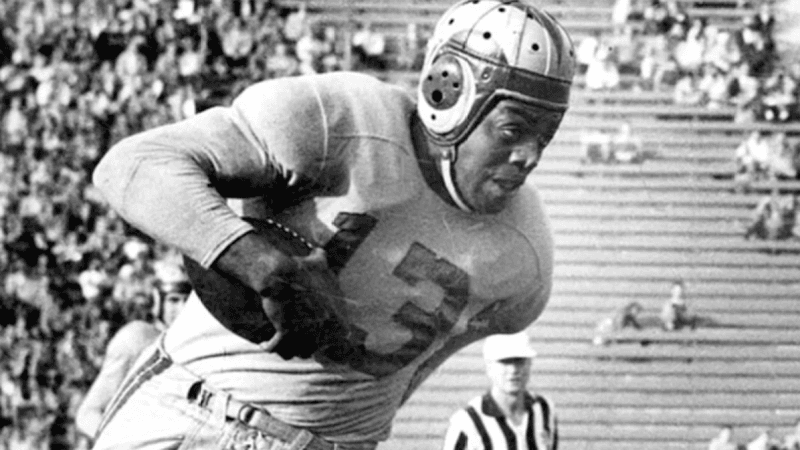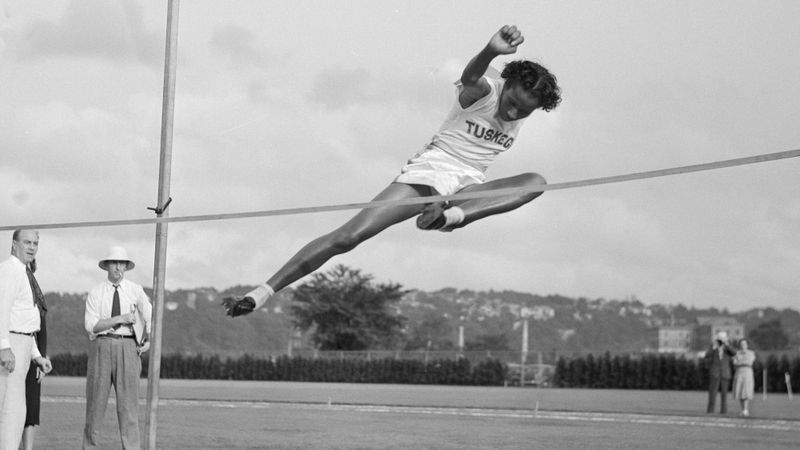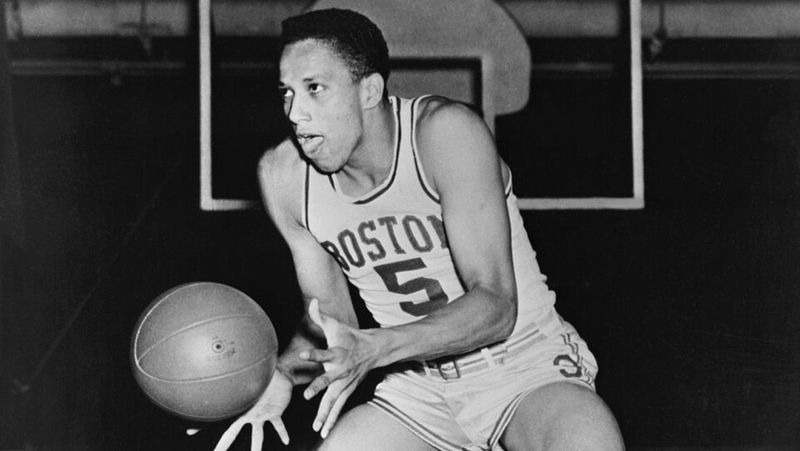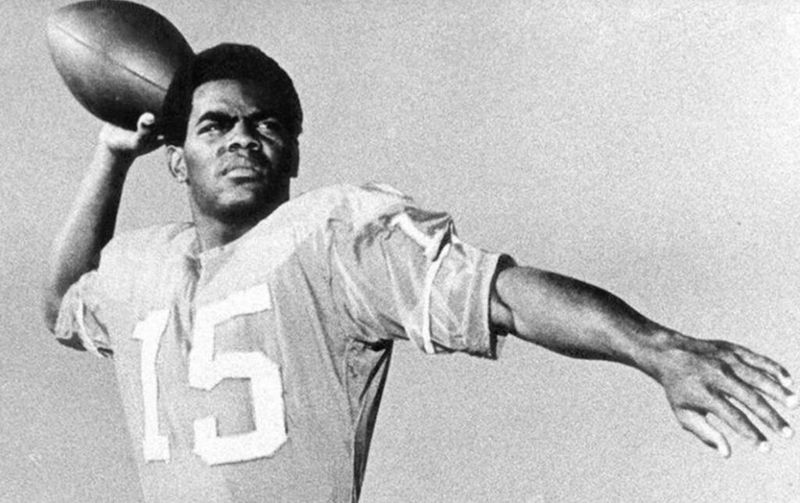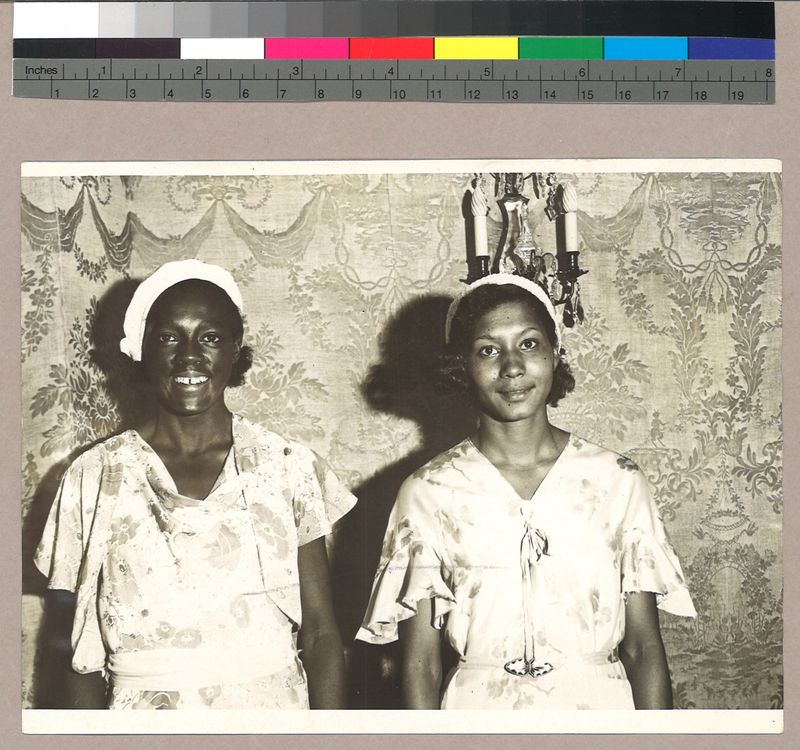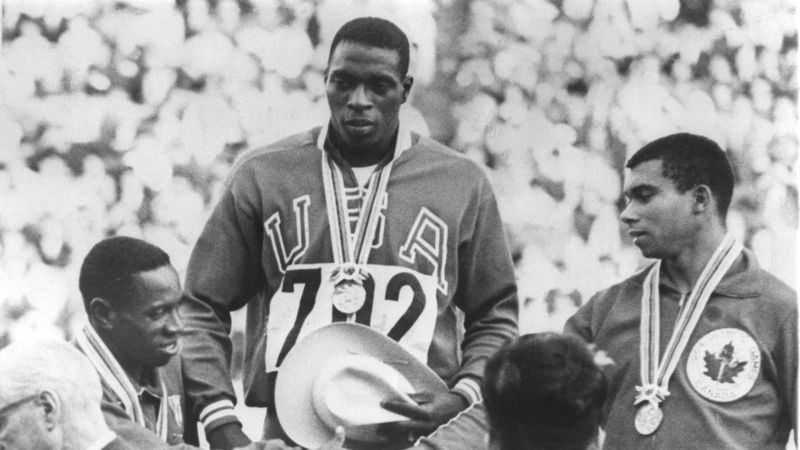Sports history is filled with incredible Black athletes whose stories have been pushed to the shadows. These champions broke barriers, set records, and changed their sports forever, yet their names rarely make it into mainstream conversations.
From track stars to basketball pioneers, their achievements deserve recognition not just for athletic excellence, but for overcoming extraordinary obstacles during times of segregation and discrimination.
1. Wyomia Tyus – The First to Defend Olympic Gold, Silently Overlooked
Before Usain Bolt became synonymous with Olympic sprinting dominance, Wyomia Tyus quietly made history. In 1964 and again in 1968, she captured gold in the 100-meter sprint, becoming the first person ever—male or female—to successfully defend an Olympic title in this prestigious event.
Despite this remarkable achievement, Tyus never received the fame or lucrative endorsement deals her white counterparts enjoyed. When she wore black shorts in solidarity with the Olympic Project for Human Rights in 1968, her subtle protest went largely unnoticed while her male counterparts made headlines.
Her pioneering achievements as a Black female athlete during the Civil Rights era deserve far greater recognition in the pantheon of sports legends.
2. Major Taylor – The Fastest Cyclist in the World, Chased by Racism
At the turn of the 20th century, Marshall “Major” Taylor pedaled his way into history books against overwhelming odds. As cycling’s first Black world champion in 1899, Taylor dominated tracks across America and Europe, setting numerous world records when racial segregation was deeply entrenched in American society.
White competitors often worked together to box him in during races or physically forced him off the track. Hotels refused him rooms, restaurants denied him service, and some velodromes banned him entirely because of his skin color.
Despite earning fortune and fame internationally, Taylor died in poverty and obscurity in Chicago, his remarkable story of perseverance buried until recent historical revivals.
3. Ora Washington – Tennis and Basketball Icon
While Serena Williams dominates tennis conversations today, Ora Washington’s name remains criminally unknown despite her unmatched versatility. Throughout the 1930s and 40s, Washington reigned supreme in not one but two sports, capturing eight consecutive American Tennis Association singles championships.
Simultaneously, she led the Philadelphia Tribune Girls to 11 straight women’s basketball national championships. Her athletic dominance came during an era when segregation barred her from competing against white athletes in either sport.
Washington’s extraordinary two-sport excellence foreshadowed later dual-sport stars like Bo Jackson and Deion Sanders, yet her pioneering achievements remain relegated to specialized historical discussions rather than mainstream sports conversations.
4. Kenny Washington – Broke the NFL Color Barrier Before Jackie Robinson Did It in MLB
A year before his UCLA teammate Jackie Robinson integrated baseball, Kenny Washington shattered football’s color barrier. After stellar college performances alongside Robinson, Washington found himself excluded from professional football when the NFL instituted an unwritten segregation policy in 1934.
Finally in 1946, when the Los Angeles Rams relocated from Cleveland, pressure mounted to integrate their team to use the publicly-funded Los Angeles Coliseum. Washington signed, becoming the first Black NFL player of the modern era at age 28, after his prime years had been stolen by discrimination.
His barrier-breaking courage created pathways for generations of Black football stars who followed, yet his name rarely appears in discussions of sports pioneers.
5. Alice Coachman – Olympic Gold in a Segregated America
With a gravity-defying leap at the 1948 London Olympics, Alice Coachman soared into history as the first Black woman to win Olympic gold. Her high jump victory represented not just athletic excellence but extraordinary perseverance through Jim Crow segregation.
Growing up in Albany, Georgia, Coachman couldn’t access proper training facilities because of her race. She improvised by creating her own high jump equipment and running barefoot on dirt roads to build strength and speed.
Upon returning home with her gold medal, she wasn’t even allowed to enter through the same door as white people at her own celebration ceremony—a stark reminder of how America treated even its most accomplished Black athletes during that era.
6. Chuck Cooper – The First Black NBA Draft Pick
Basketball history pivoted forever on April 25, 1950, when the Boston Celtics selected Chuck Cooper in the second round of the NBA draft. “I don’t give a damn if he’s striped, plaid, or polka dot,” declared Celtics owner Walter Brown when questioned about drafting a Black player.
Cooper’s barrier-breaking selection came with a brutal cost. He endured racial slurs from opponents, exclusion from team hotels in segregated cities, and restaurants that refused to serve him while welcoming his white teammates.
Though his basketball career was solid rather than spectacular, Cooper’s courage created the foundation for future Black NBA superstars. After basketball, he became the first Black city parks director in Pittsburgh—continuing to break barriers off the court.
7. Marlin Briscoe – The First Black Starting NFL Quarterback
Long before Patrick Mahomes or Lamar Jackson, Marlin Briscoe shattered one of professional football’s most persistent racial barriers. In 1968, when conventional wisdom claimed Black players lacked the intelligence to play quarterback, the Denver Broncos reluctantly gave the rookie a chance after their starter was injured.
Nicknamed “The Magician,” Briscoe dazzled by setting a Broncos rookie record with 14 touchdown passes in just five starts. His reward? Being released without explanation the following season.
Forced to switch positions, he reinvented himself as a wide receiver, eventually winning two Super Bowls with Miami. His groundbreaking achievement at quarterback remained largely uncelebrated until recent years—decades after he opened doors for future Black quarterbacks.
8. Tidye Pickett – First African American Woman Olympian
Four years before Jesse Owens famously defied Hitler at the 1936 Berlin Olympics, Tidye Pickett had already carved her name into history. Alongside Louise Stokes, she became one of the first African American women selected for the U.S. Olympic team in 1932, though coaches controversially benched both in favor of white teammates.
Undeterred, Pickett returned for the 1936 Berlin Games. There, under the shadow of Nazi flags and racial hostility from both Germans and her own team, she competed in the 80-meter hurdles until an unfortunate injury during her preliminary heat.
After her pioneering athletic career, she devoted decades to education as a beloved Chicago teacher and principal, her Olympic legacy nearly forgotten by mainstream sports history.
9. Bob “Bullet” Hayes – The Sprinter Who Changed Football Forever
Olympic gold medals and Super Bowl rings rarely occupy the same trophy case, yet Bob Hayes claimed both with blazing speed that transformed two sports. After winning 100-meter gold and 4×100 relay gold at the 1964 Tokyo Olympics, Hayes brought his world-record speed to the NFL’s Dallas Cowboys.
His unprecedented velocity forced defenses to invent a new coverage scheme—zone defense—simply to contain him. Despite revolutionizing football strategy and being the only Olympic gold medalist to win a Super Bowl, Hayes was denied entry to the Pro Football Hall of Fame until 2009.
By then, he had been dead for seven years, never witnessing his long-overdue recognition as one of sports’ most transformative dual-sport athletes.
10. Lusia Harris – The Only Woman Ever Drafted by the NBA
Before the WNBA existed, Lusia Harris dominated women’s college basketball with such extraordinary skill that she accomplished something seemingly impossible. In 1977, the New Orleans Jazz selected Harris in the NBA draft—making her the first and only woman officially drafted by an NBA team.
At Delta State University, Harris led her team to three consecutive national championships while averaging 25.9 points and 14.4 rebounds. She also scored the first basket in Olympic women’s basketball history at the 1976 Montreal Games, helping secure a silver medal for Team USA.
Though she declined the NBA opportunity due to pregnancy, Harris’ groundbreaking basketball excellence remained largely overlooked until a 2021 documentary finally brought wider attention to her remarkable story.
